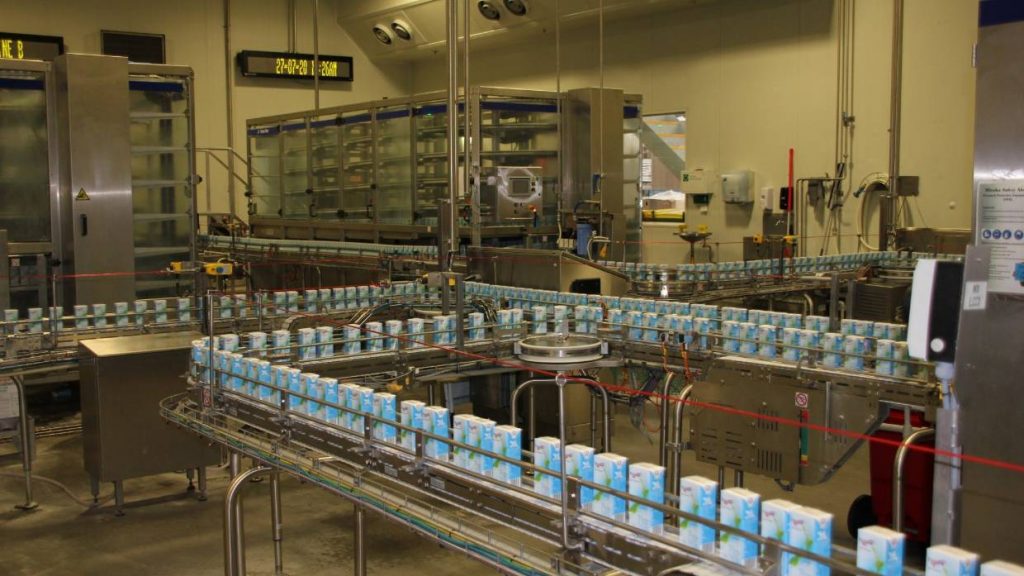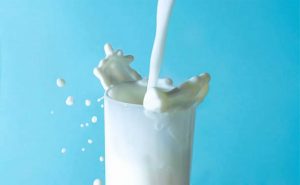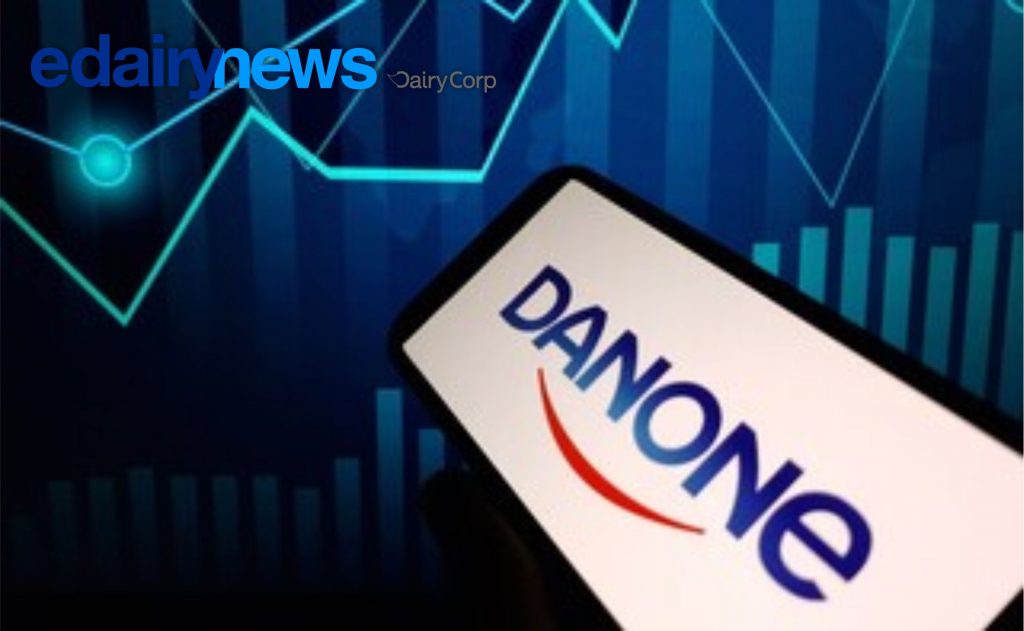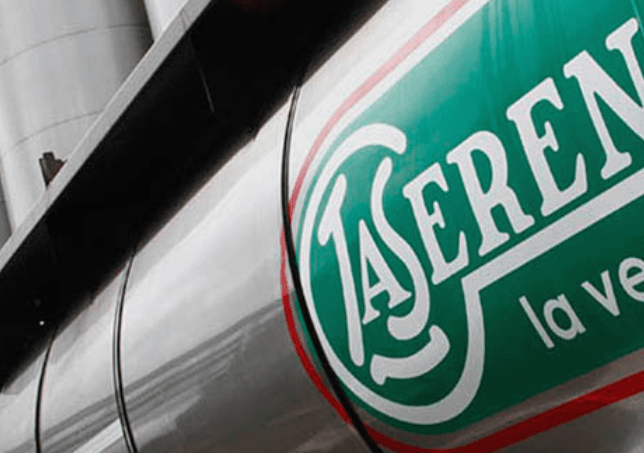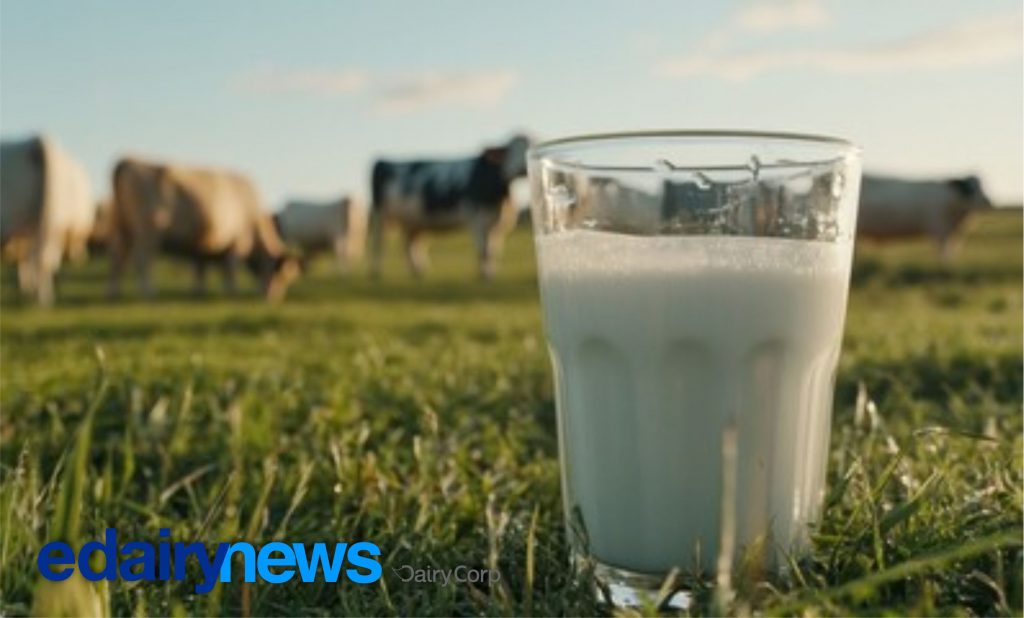On Monday visiting dignitaries, including the Consul General of China, and the company’s top brass witnessed the factory’s one billionth tetrapak of Ultra Heat Treated (UHT) milk come off the production line.
It was a milestone reached in six years since the addition of the UHT plant, said consultant engineer Paul Hewitt, but one he predicted the company would hit again in a shorter time.
“The first two years were pretty quiet – the next billion they will hit in four years.”
Hewitt, who visits the Forest Road factory in Mokai every six weeks, lauded Miraka’s progress.
“Making long life milk is one of the most difficult processes, you really have to be on your game.”
The product, in single serve 250 millilitre tetrapaks (or bricks, as factory staff call them), gets from factory to destination, China, in 42 days – an important consideration, said Hewitt.
While we tend to regard UHT milk, with its year out best before date, as a long life product, the Chinese like to sell and consume it (usually warm) as close as possible to production.
So though the ‘Made in New Zealand’ label was important, as were Miraka’s high standards of food production, the biggest premium was in how quickly the product could get to China.
Distribution disruption due to Covid-19 presented a problem but the plant was given an extension by the Chinese buyers, he said.
The company’s two lines – the UHT paks and a range of milk powders in bulk or consumer packs – were a good balance, said Hewitt, as sometimes one was doing well internationally and sometimes the other.
The next development for the factory, expected to be fully operational within a week, was frozen milk powder for export.
“It’s really a very, very successful dairy company in its own right.”
Celebrating the one billionth brick, Miraka chief executive officer Richard Wyeth, himself the recipient of a special award from the company the week before for his 10 years as CEO, called the moment “a very significant milestone in Miraka’s history.”
“Many people said we were dreaming. They said you can’t send liquid milk to China. One billion bricks down the track we’ve proved them wrong.”
He acknowledged the role China had played in getting the product through, and their flexibility as a customer during the impact of Covid-19.
The UHT plant had created more than 40 jobs since it was added in 2014, he said – a point also touched on by Taupō Mayor David Trewavas who thanked the company for what it contributed to the district, adding he unashamedly plugged its story wherever he travelled.
China Consul General Ruan Ping noted that the likes of Miraka had not only “enriched the dining tables of China’s people” but that the cultural benefits of China/New Zealand cooperation were great.
His country’s 1.4 billion consumers provided a huge market for New Zealand, he said.
“We call it high-end product, not primary produce.”
A testament to the popularity of the milk, and the Theland brand under which Miraka’s UHT milk is sold, was provided by Pier Smulders, country manager for New Zealand for the Alibaba Group, which breaks cartons of 24 UHT bricks down into six packs for sale.
In the last two weeks 28 containers of UHT milk had sold out in two minutes on the Chinese online marketplace Tmall, Smulders said.
“It shows the Chinese customers’ desire for high quality, and nutritious products from New Zealand and their strong demand for our dairy products.”
He quipped that hopefully he would be back soon “for the two billionth brick coming off the line.”
Miraka uses geothermal energy from the nearby Mokai Power Station for its manufacturing processes, and has the capacity to process more than 250,000,000 litres of milk into powders and UHT products every year, which are exported to over 20 countries.
Milk supply comes from 110 farms within 85km of the factory.
The company is owned by a group of Māori trusts and incorporations and strategic partners and investors include Te Awahohonu Forest Trust Limited, Vinamilk from Vietnam and dairy sales and international marketing enterprise Global Dairy Network.

